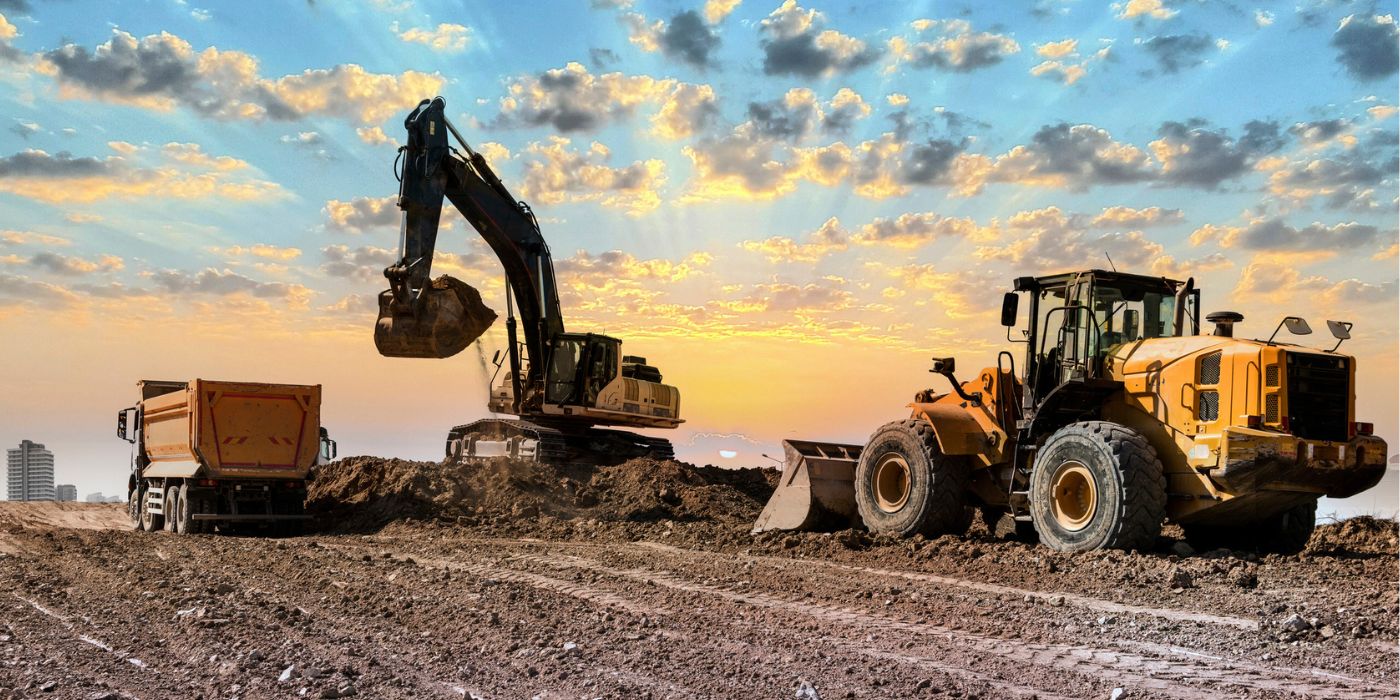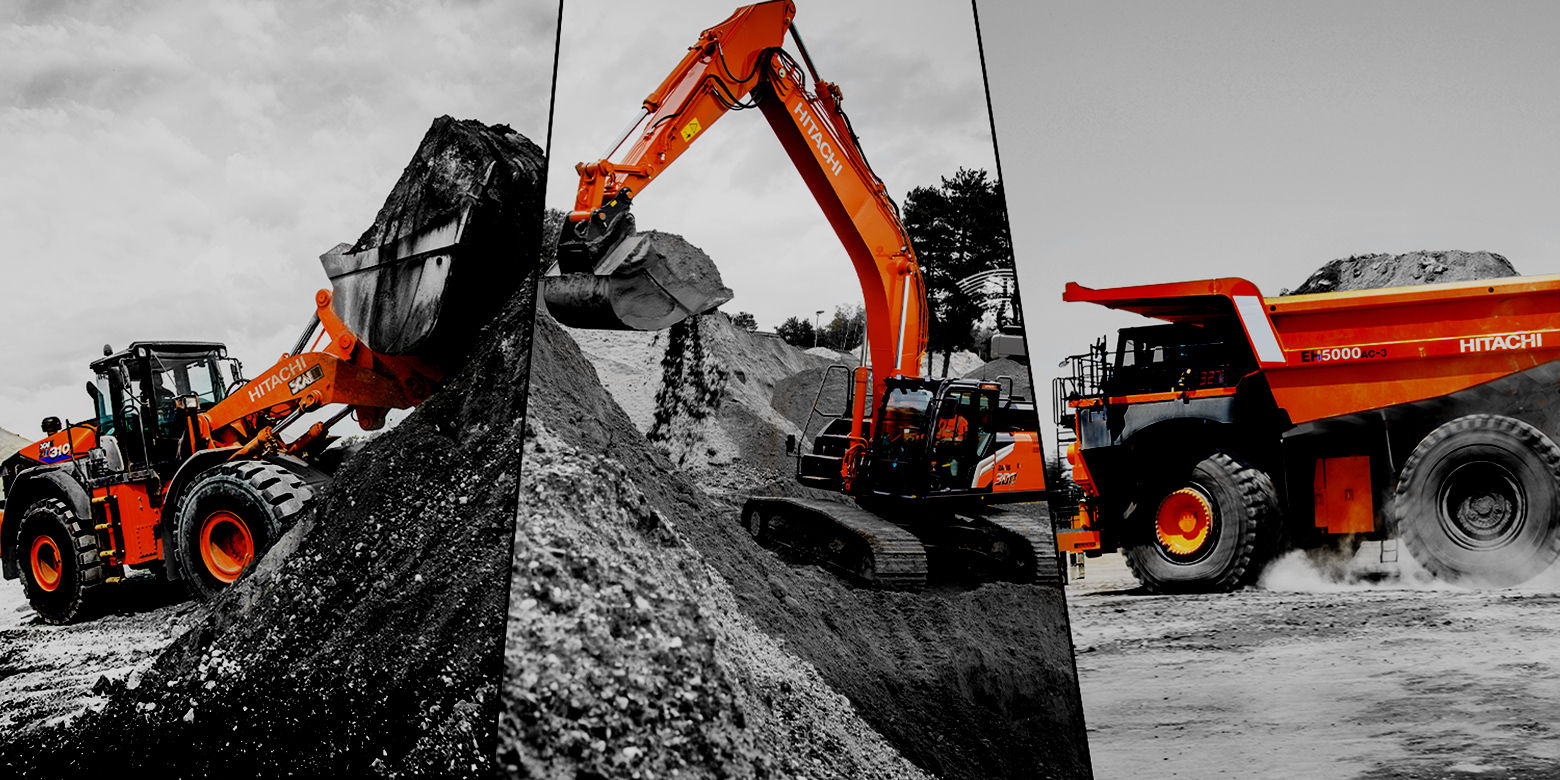Mini Excavator Rental in Tuscaloosa AL: Compact and Powerful Equipment for Little Jobs
Mini Excavator Rental in Tuscaloosa AL: Compact and Powerful Equipment for Little Jobs
Blog Article
Exploring the Financial Conveniences of Leasing Building And Construction Devices Contrasted to Having It Long-Term
The decision between possessing and renting out construction tools is essential for financial monitoring in the industry. Renting out deals immediate price financial savings and operational adaptability, enabling firms to assign sources extra efficiently. On the other hand, possession features considerable long-lasting economic dedications, consisting of maintenance and depreciation. As contractors evaluate these alternatives, the effect on capital, job timelines, and technology access becomes significantly substantial. Recognizing these nuances is essential, particularly when taking into consideration just how they line up with certain project requirements and economic strategies. What elements should be prioritized to make certain optimum decision-making in this complicated landscape?

Price Contrast: Renting Out Vs. Owning
When assessing the monetary ramifications of renting out versus owning building equipment, a comprehensive price contrast is necessary for making educated decisions. The selection between possessing and renting out can substantially influence a business's bottom line, and recognizing the associated expenses is essential.
Renting building and construction equipment usually involves reduced ahead of time costs, permitting companies to allocate funding to other operational demands. Rental agreements often include adaptable terms, allowing business to access advanced equipment without long-lasting dedications. This adaptability can be specifically beneficial for short-term tasks or varying work. However, rental costs can gather in time, potentially going beyond the expenditure of possession if tools is needed for a prolonged period.
On the other hand, owning building and construction equipment requires a substantial preliminary financial investment, together with ongoing prices such as devaluation, funding, and insurance policy. While ownership can bring about long-lasting savings, it additionally binds capital and may not offer the exact same level of flexibility as leasing. Additionally, owning tools necessitates a commitment to its utilization, which might not always straighten with job demands.
Ultimately, the decision to possess or rent needs to be based on a thorough evaluation of specific task needs, financial capacity, and lasting tactical objectives.

Upkeep Responsibilities and expenses
The option in between having and renting building tools not just includes financial considerations yet also encompasses recurring upkeep costs and responsibilities. Owning devices needs a significant commitment to its maintenance, which consists of regular inspections, repair work, and prospective upgrades. These responsibilities can swiftly gather, causing unexpected prices that can stress a budget plan.
On the other hand, when renting devices, maintenance is typically the obligation of the rental firm. This plan allows specialists to stay clear of the financial problem connected with deterioration, along with the logistical obstacles of organizing repairs. Rental contracts frequently include stipulations for upkeep, meaning that specialists can focus on completing projects instead than bothering with devices condition.
Moreover, the varied array of equipment readily available for rent allows firms to pick the latest designs with advanced innovation, which can improve effectiveness and performance - scissor lift rental in Tuscaloosa Al. By choosing services, businesses can prevent the long-term responsibility of devices devaluation and the connected maintenance migraines. Inevitably, assessing upkeep expenses and duties is important for making an informed choice about whether to own or rent out building devices, dramatically influencing general project prices and operational effectiveness

Depreciation Influence On Possession

A substantial factor to think about in the choice to possess construction equipment is the influence of devaluation on general possession expenses. Depreciation stands for the decrease in value of the devices with time, influenced by factors such as use, deterioration, and improvements in modern technology. As tools ages, its market price decreases, which can considerably impact the proprietor's financial setting when it comes time to sell or trade the tools.
For building business, this devaluation can equate to substantial losses if the equipment is not made use of to its greatest capacity or if it ends up being obsolete. Proprietors should account for depreciation in their financial estimates, which can cause greater general costs compared to renting out. Furthermore, the tax ramifications of depreciation can be intricate; while it may offer some tax obligation benefits, these are frequently balanced out by the reality of reduced resale value.
Ultimately, Our site the burden of depreciation emphasizes the significance of recognizing the long-term financial commitment involved in having building equipment. Firms need to very carefully assess how frequently they will certainly make use of the devices and the potential monetary effect of devaluation to make an educated decision regarding possession versus leasing.
Economic Adaptability of Renting
Renting out building devices supplies significant monetary versatility, allowing companies to designate sources more effectively. This flexibility is specifically important in a sector identified by changing task demands and differing work. By choosing to lease, organizations can prevent the considerable funding outlay required for buying equipment, preserving capital for various other operational needs.
Furthermore, renting equipment enables business to customize their devices selections to details task needs without the long-lasting commitment connected with possession. This suggests that services can conveniently scale their tools stock up or down based upon current and anticipated project demands. Consequently, this adaptability minimizes the risk of over-investment in equipment that might end up being underutilized or obsolete with time.
One more monetary benefit of renting is the possibility for tax benefits. Rental payments are often considered operating costs, permitting instant tax reductions, unlike depreciation on owned tools, which is topped numerous years. scissor lift rental in Tuscaloosa Al. This prompt expense acknowledgment can further boost a firm's cash setting
Long-Term Task Considerations
When assessing the long-term needs of a construction service, the choice in between possessing and renting out equipment becomes much more intricate. For tasks with extended timelines, purchasing devices may seem useful due to the possibility for reduced overall prices.
Furthermore, technological developments position a significant factor to consider. The construction industry is evolving swiftly, with brand-new devices offering improved effectiveness and security features. Renting permits firms to access the current innovation without dedicating to the high upfront prices connected with purchasing. This adaptability is especially advantageous for businesses that manage diverse projects requiring various sorts of tools.
Moreover, financial security plays a vital function. Having equipment usually entails considerable capital financial investment pop over to this site and depreciation concerns, while renting permits more predictable budgeting and capital. Inevitably, the choice in between owning and renting out should be straightened with the tactical goals of the construction company, taking into consideration both anticipated and current job needs.
Final Thought
To conclude, renting out building tools provides significant financial advantages over long-term possession. The reduced ahead of time costs, removal of maintenance duties, and evasion of depreciation add to enhanced capital and financial adaptability. scissor lift rental in Tuscaloosa Al. Furthermore, rental repayments work as immediate tax deductions, further benefiting contractors. Inevitably, the choice to lease instead of own aligns with the dynamic nature of building and construction projects, allowing for flexibility and access to the most up to date devices without the economic burdens connected with ownership.
As tools ages, its market worth reduces, which can substantially influence the owner's financial setting when it comes time to trade the devices or offer.
Renting out building and construction devices offers significant monetary flexibility, permitting companies to assign sources more successfully.In addition, leasing equipment enables firms to customize their tools her explanation choices to details job requirements without the long-term dedication linked with ownership.In final thought, leasing building devices offers substantial economic advantages over long-term possession. Inevitably, the choice to lease instead than very own aligns with the dynamic nature of construction tasks, enabling for adaptability and accessibility to the most recent devices without the financial worries connected with possession.
Report this page